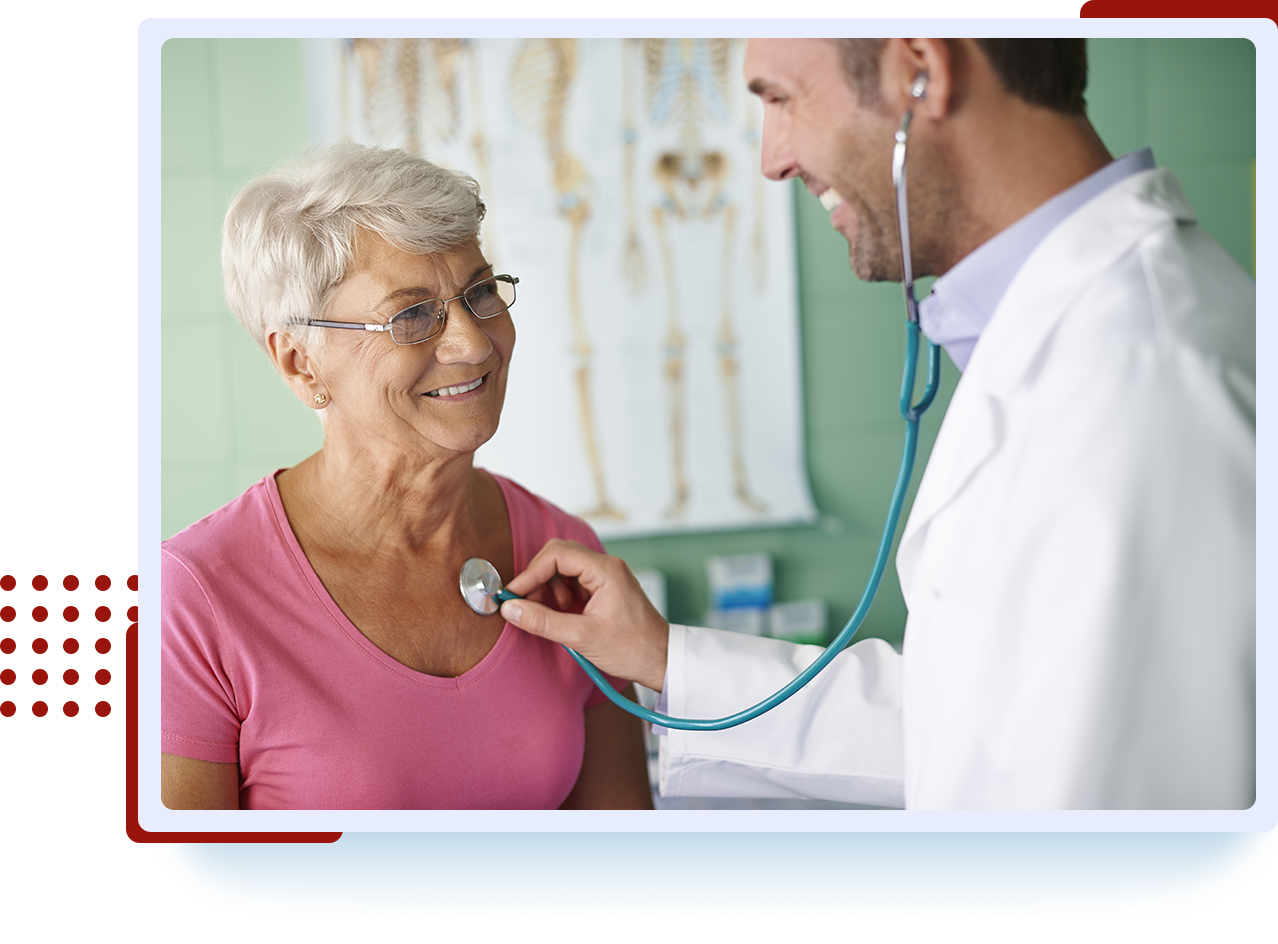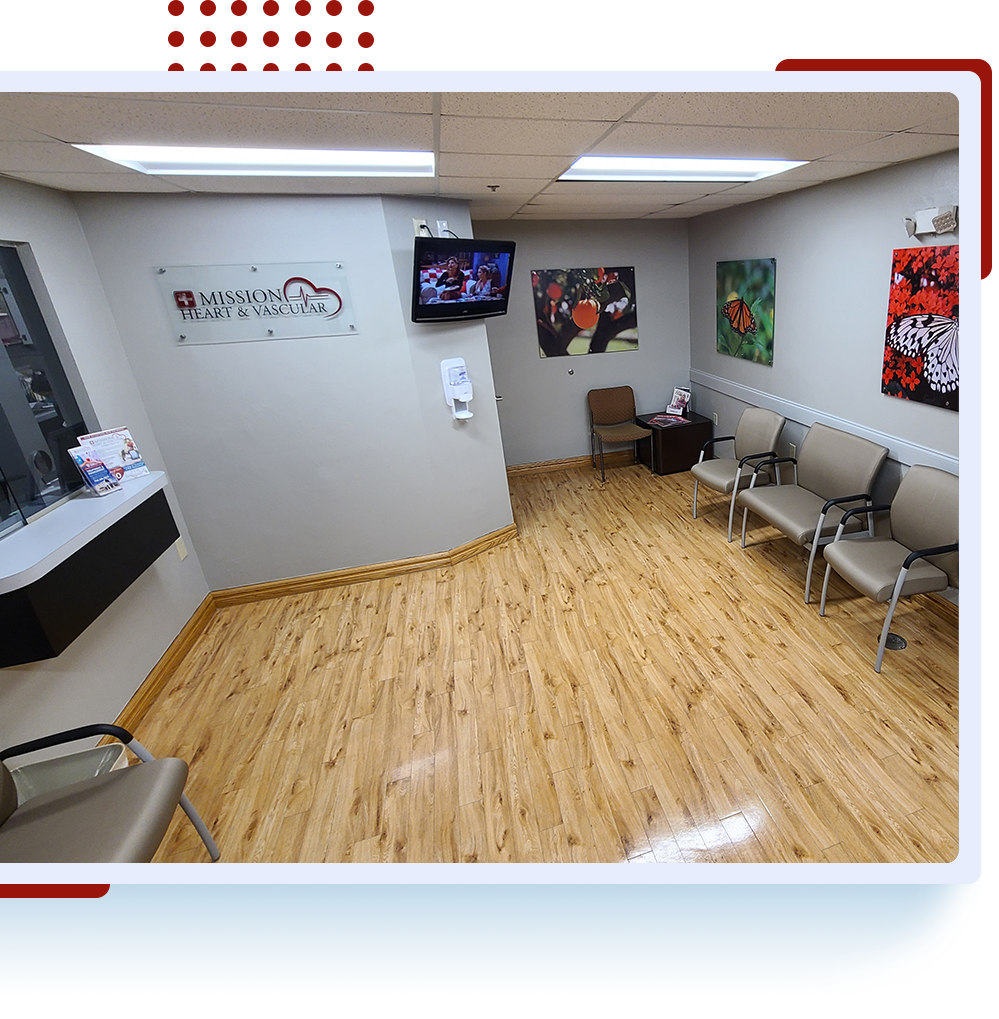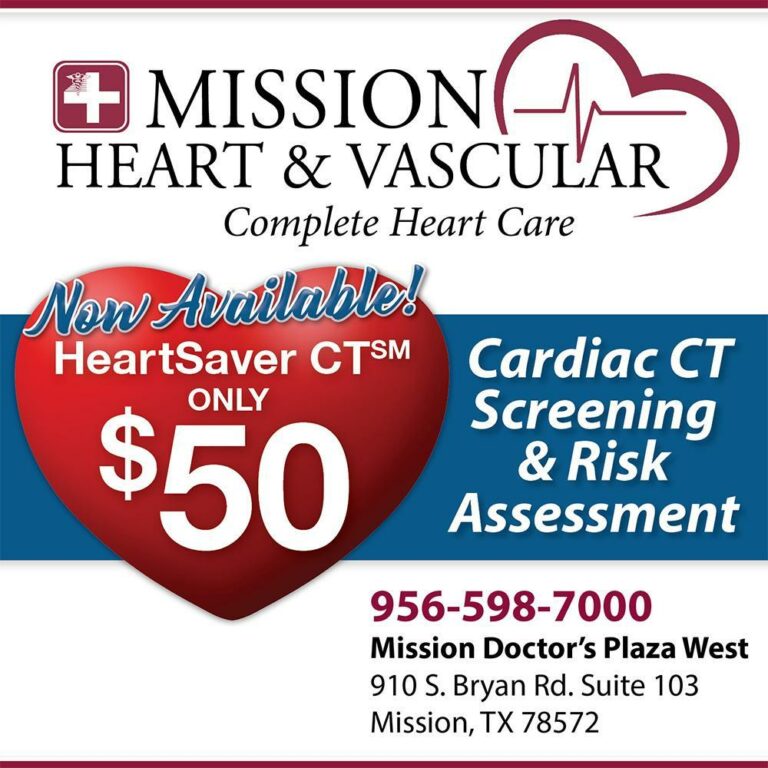Mission Heart & Vascular
Board Certified Interventional Cardiologists & Peripheral Vascular Disease located in Mission, TX

Specializing in Elective, Emergent, and Non-Emergent Surgical Procedures
You Need Most

Why
Mission Heart & Vascular
Mission Heart & Vascular in Mission, Texas, is a specialized practice where patients can benefit from exceptional care for a comprehensive range of cardiovascular disorders. Board-certified interventional cardiologists Gabriel Todd Faz, MD, FACC, FSCAI, and Kiran Mangalpally, MD, lead a team of professionals who devote themselves to relieving the burden of heart disease, improving the quality of life for people living with heart conditions, and helping patients avoid heart problems wherever possible using preventive cardiology and cholesterol management.
The practice is conveniently located adjacent to Mission Regional Medical Center and Expressway 83 to serve the surrounding Mission, McAllen, Alton, Palmview, La Joya, Penitas, Sullivan City, Rio Grande City, San Ysidro, and Roma communities. Mission Heart & Vascular has state-of-the-art cardiac catheterization facilities and radiology technology onsite, in addition to offering a range of cutting-edge diagnostics like EKG, echocardiogram, and stress tests.
Mission Heart & Vascular
Staff and Physicians

Khaled Sherif, MD
Interventional Cardiology

Francis N. Dimtri, D.O.
Clinical Invasive Cardiology

Viola Ramirez
Practice Manager
Testimonials
Words From Our Happy Patients

$50 Heart Saver CT currently available at the Mission Heart and Vascular clinic
We accept most major insurance plans







Mission Heart & Vascular
910 S Bryan RD, STE 103
Mission, TX 78572
Office Hours:
Monday – Friday : 8:00am – 5:00pmSaturday – Sunday : Closed
